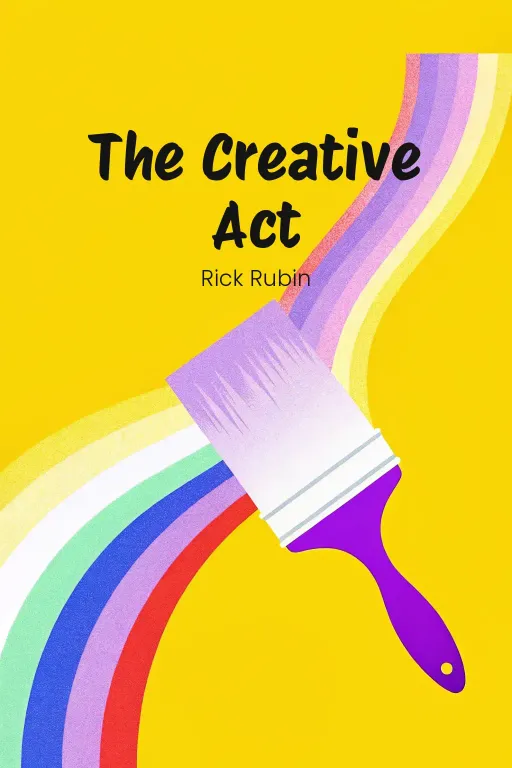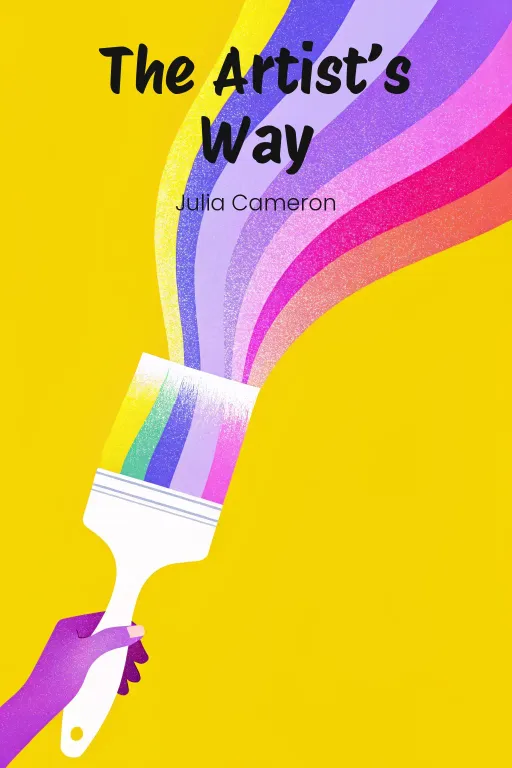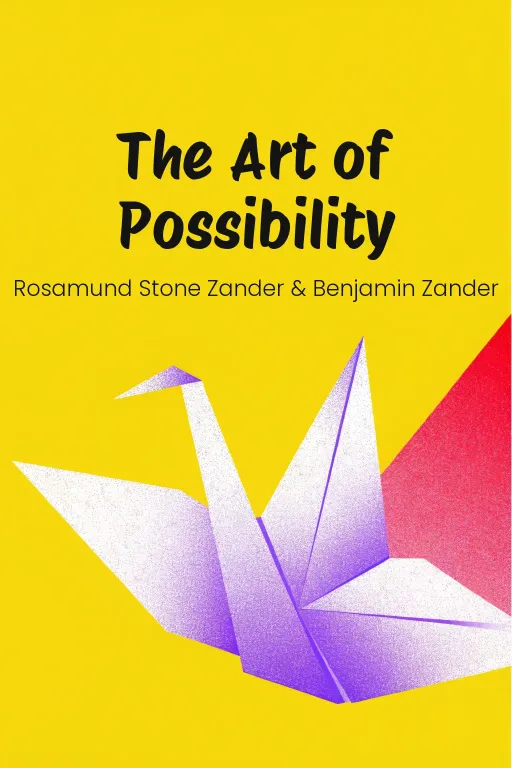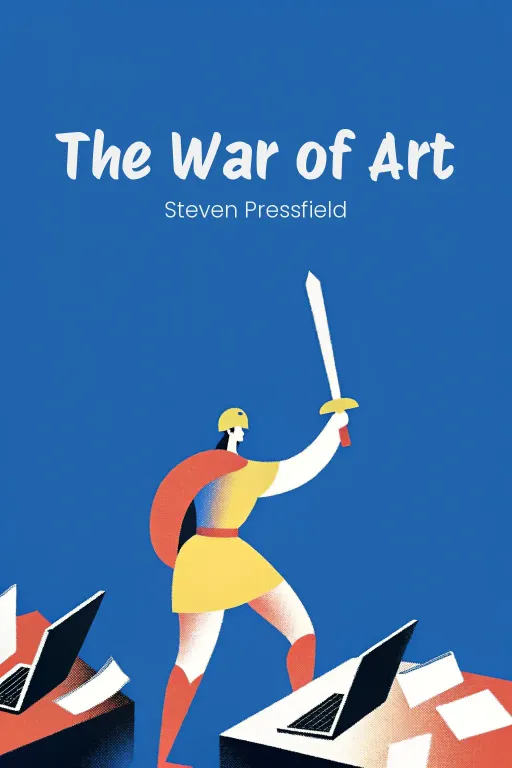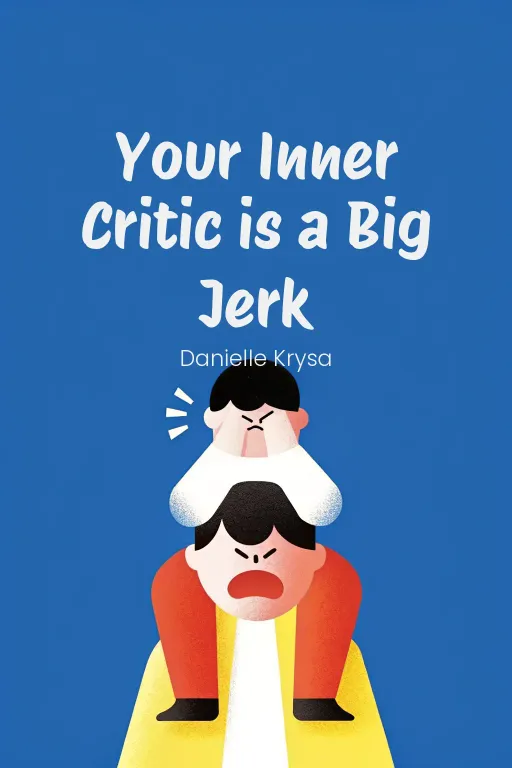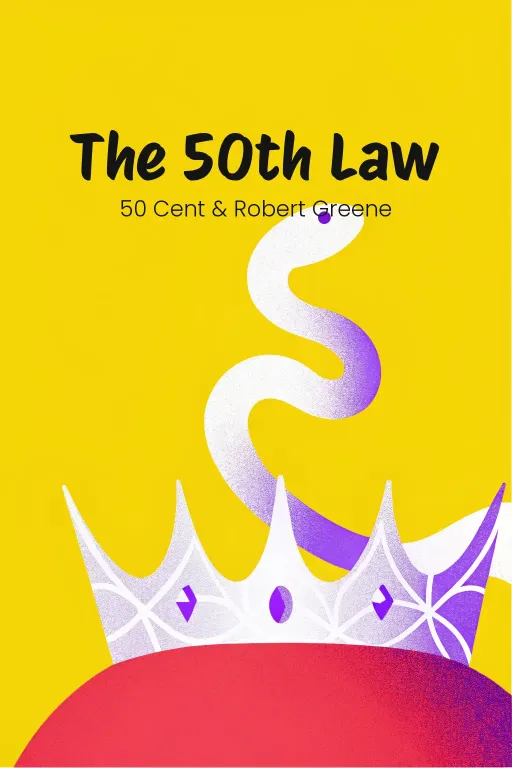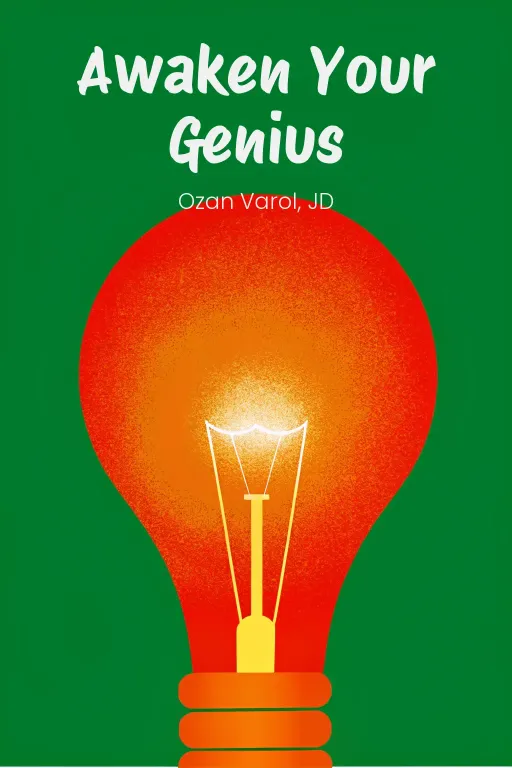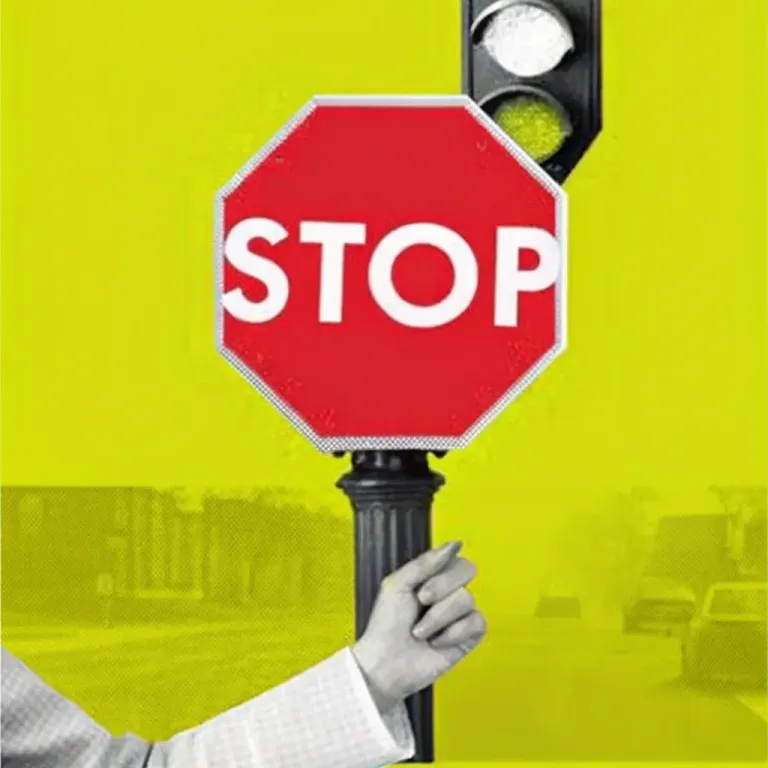
Silence Your Inner Jerk
Podcast by The Muse's Minute with Brian
And Other Truths About Being Creative
Silence Your Inner Jerk
Brian: Ever feel like there's a tiny, mean voice inside your head telling you your creative ideas aren't good enough? That nagging doubt? Welcome to The Muse's Minute, I'm Brian. That voice is the focus of Danielle Krysa's brilliant book, 'Your Inner Critic Is a Big Jerk.' It's a must-read because that inner critic is often the biggest block standing between us and our most fulfilling creative work. Brian: So, what's the single biggest spark from Krysa's book? It’s realizing that your inner critic isn't actually you. It doesn't get the final say on your creativity or your worth. Think of it like a terrible radio station stuck playing static and insults inside your head – you wouldn't let that dictate your whole day, right? Krysa shows us we can change the channel, or at least turn the volume way down. Recognizing this separation is incredibly powerful. It means that voice isn't a reflection of your talent; it's just noise, often learned negativity from the past. Understanding this simple idea frees you up, putting you back in control of your creative journey. It's truly liberating. Brian: How does this critic get so loud anyway? Well, Krysa points out it often isn't even original. It just parrots negative stuff we've picked up along the way – maybe a dismissive comment from a teacher years ago, societal pressure about needing a 'real job,' or just absorbing the myth that only certain people are truly creative. It’s learned behavior, not fact. Think back to when you were a kid, just making stuff for fun – finger painting, building forts. That inner critic wasn't yelling then, right? It tries to squash that innate joy, burying it under fear and judgment. Take my friend Sarah. She loved art, but a high school teacher told her she 'lacked talent.' That single comment became her inner critic's favorite weapon, and she didn't pick up a paintbrush for years. But after reading Krysa's book, she realized that voice wasn't her truth, just an echo from the past. She started doodling again, just 20 minutes a day, purely for fun, no pressure. Within months, she was creating art she loved! What changed wasn't her innate ability; it was recognizing the critic as separate and silencing that parroted criticism. She separated her identity from the outcome, which, as Krysa emphasizes, frees us to experiment and even fail – because failure is just part of the process, not a judgment on us. Brian: Okay, here’s your spark for today, something you can try immediately. Give your inner critic a name! Seriously. Make it slightly ridiculous – maybe 'Nigel the Naysayer' or 'Brenda the Blocker.' Whatever makes you chuckle. Then, the next time that negative voice pipes up, address it directly: 'Not right now, Nigel, I'm busy creating.' Or, 'Interesting thought, Brenda, but I'm finishing this anyway.' Naming it creates distance. It makes the critic feel separate, less powerful, and frankly, a bit silly. It immediately helps you reclaim your creative space. Remember, that critical voice is just a jerk, as Krysa says. It's not the truth about you. You are creative. You have permission to play and explore. Go find your spark! This is Brian, and you've just found your spark on The Muse's Minute. Until next time, create boldly and tell that inner critic to take a hike.
